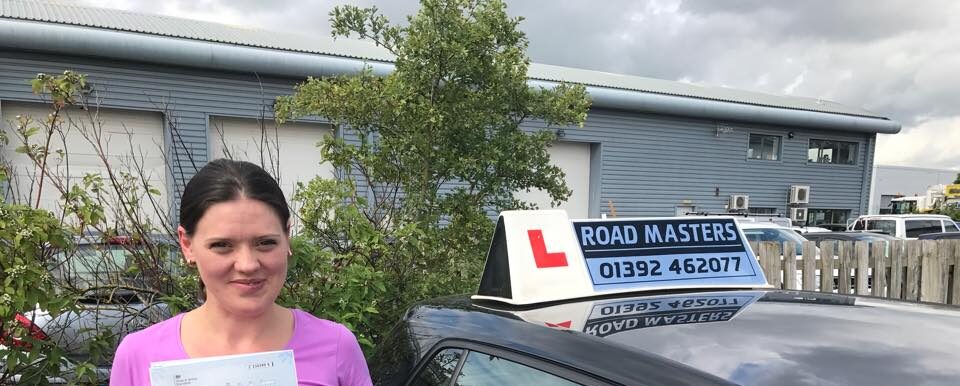Is the driving test getting more difficult?
Comments Off on Is the driving test getting more difficult?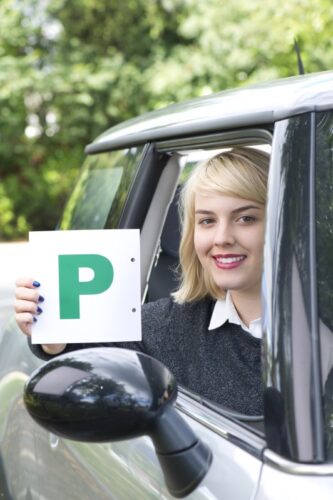
Following the changes made to the driving test in 2017, the BBC news website published an article at the end of last year asking the question ‘Is the driving test getting more difficult?’.
It’s just over a year since some changes were made to the practical driving test, these were:
- Increasing the time that the driving test candidate drives without turn-by-turn directions from the driving examiner (known as the independent driving part of the test) to 20 minutes
- Asking the driving test candidate to follow directions from a Sat Nav during the independent driving (candidates in one in five driving tests will be asked to follow traffic signs instead)
- Removing the ‘reverse around a corner’ and ‘turn-in-the-road’ manoeuvres from the test, instead driving test candidates will be asked to complete one of the following;
- parallel park at the side of the road
- park in a bay – either driving in and reversing out, or reversing in and driving out
- pull up on the right-hand side of the road, reverse for 2 car lengths and rejoin the traffic
- Including two ‘show me, tell me’ questions about safety tasks during the test, one to be asked before the driving test candidate starts driving and one to be asked during the test while the driving test candidate is driving.
So, what affect have these changes had, if any, on the overall pass rate and is there any evidence to show that the driving test is in fact getting easier or more difficult?
Overall Pass Rates have changed very little
According to official figures, since the changes were implemented in December 2017 the pass rate has been 45.5% (up-to December 2018). Although this is slightly lower than some recent years the pass rate has fluctuated by only a couple of percentage points for the last 9 years (https://www.gov.uk/government/statistical-data-sets/driving-test-failure-reasons-data).
As the DVSA’s Chief driving examiner Mark Winn explains, the driving test changes weren’t made to make it more difficult; “The driving test was changed to make sure new drivers have the skills they need to help them through a lifetime of safe driving – not to make it harder,”
“The old driving test spent a disproportionate amount of time on low-risk roads, such as housing estates, largely to access locations to carry out manoeuvring exercises. The changed manoeuvres, while testing the same skills, are more representative of what new drivers will encounter in their everyday driving.”
Does the longer independent driving mean that it is easier to pass in quieter areas?
Some of the statistics may prove this point as half of London’s test centres have the lowest pass rates. However, looking at those figures in isolation cannot link them directly back to the changes that were made recently.
Jan Freeborn, a driving instructor based in London, explains: “When it’s more congested, there’s a higher likelihood of coming across a challenging moment. Driving in London, there are more challenging moments, so more opportunities for mistakes.”
However, Bruce Johnston, a driving instructor from Haddington, East Lothian, a small town with one of the highest pass rates in Britain explains there are also challenging conditions in quieter areas too; “There is a lot of country road driving now in the test. There are narrower roads which can’t fit two cars. It’s all about anticipating what’s around the corner.”
Why do candidates fail their test?
For more than 10 years, incorrectly observing traffic at junctions has been the top cause for driving test candidates to fail their test, closely followed by using mirrors correctly when changing direction. Something to remember if you’re learning to drive at the moment!
Here are the top 10 reasons for candidates failing their test, as published by the Driving & Vehicle Standards Agency:
- Observation at junctions
- Failing to check mirrors
- Control of steering wheel
- Turning right at junctions
- Failing to move off safely from stationary position
- Positioning of car on road
- Stalling or accelerating quickly when starting
- Response to traffic lights
- Reverse park control
- Response to traffic signs
In our opinion, the recent changes made to the driving test cannot specifically be linked to any data to suggest that the driving test is getting any more difficult (or easier!). It is always our aim to make sure our pupils are the safest drivers they can be. As the amount of traffic increases on our roads and driving conditions change with the introduction of new technology (Sat Navs for example) we welcome any changes to the driving test that make our roads safer.
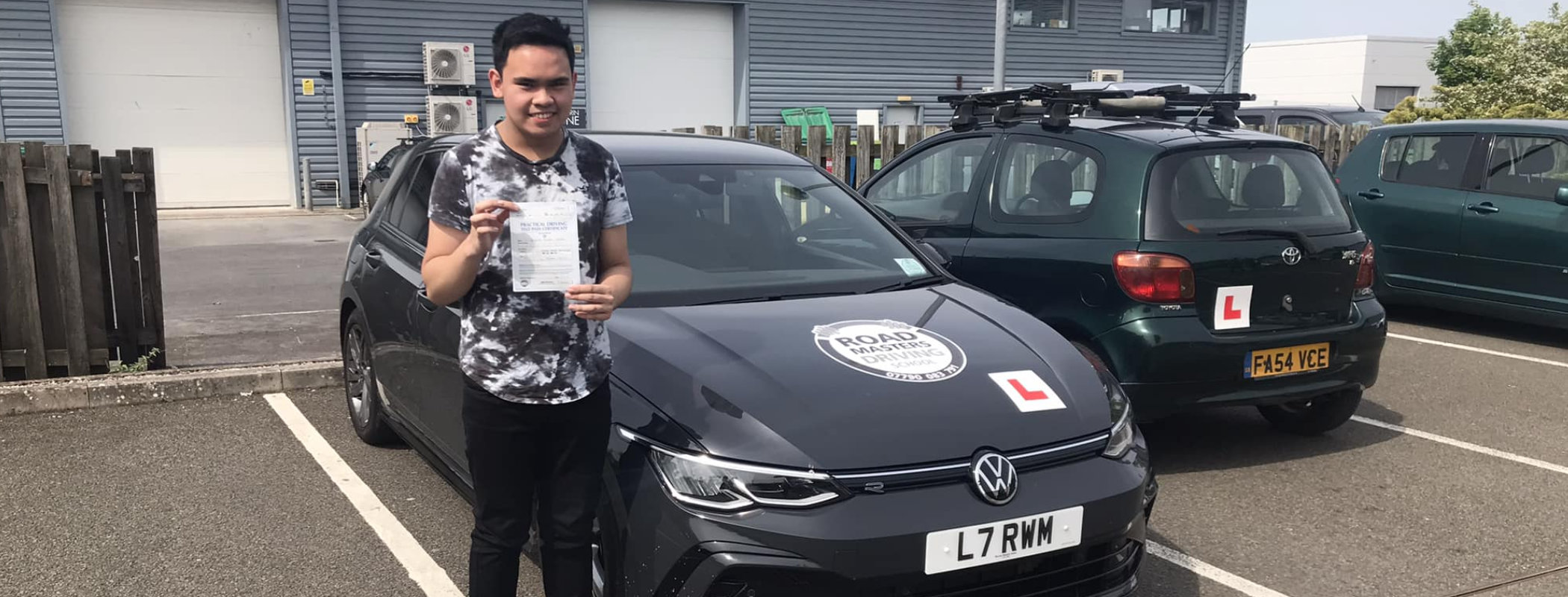

 As of yesterday (4th June 2018) learner drivers of cars in England, Scotland and Wales can now drive on a motorway with an approved driving instructor!
As of yesterday (4th June 2018) learner drivers of cars in England, Scotland and Wales can now drive on a motorway with an approved driving instructor!
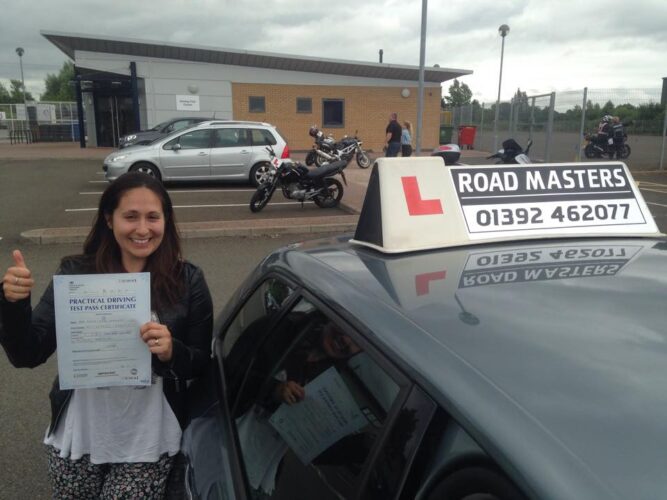
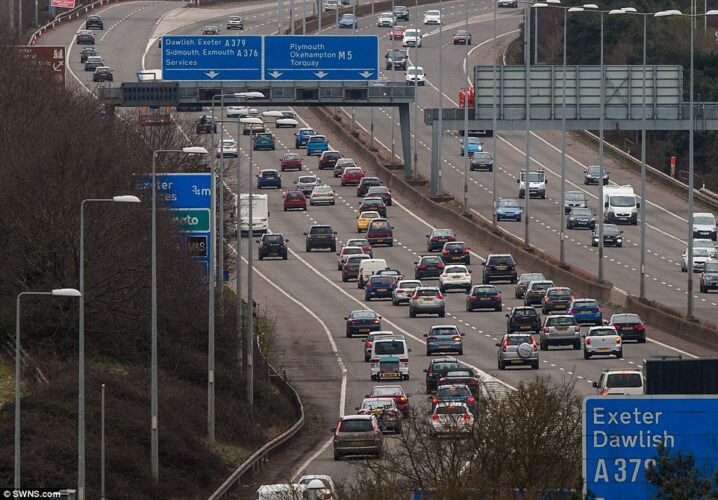 So why is it that we only allow newly qualified drivers onto these roads?
So why is it that we only allow newly qualified drivers onto these roads? How many of you use a Sat Nav or a phone app to get to your destination? It might be a very useful gadget, helping you arrive at your important engagement but isn’t it distracting?! Learning to use a Sat Nav safely is becoming a really important skill in driving. Then, including it in the driving exam seems a good idea?
How many of you use a Sat Nav or a phone app to get to your destination? It might be a very useful gadget, helping you arrive at your important engagement but isn’t it distracting?! Learning to use a Sat Nav safely is becoming a really important skill in driving. Then, including it in the driving exam seems a good idea? So it’s that time of year again and you’re seeking Christmas gift inspiration for a young friend or family member. You realise that gig tickets and stylish clothes are high on Christmas wish list. However, you’re particularly eager to combine the festive fun with a sense of practicality. Thankfully the considerate Road Masters team have taken the time to come up with some perfect festive suggestions.
So it’s that time of year again and you’re seeking Christmas gift inspiration for a young friend or family member. You realise that gig tickets and stylish clothes are high on Christmas wish list. However, you’re particularly eager to combine the festive fun with a sense of practicality. Thankfully the considerate Road Masters team have taken the time to come up with some perfect festive suggestions. There have been a number of media reports about young people who’ve opted against driving due to the combined costs of lessons and car insurance in recent years. However, the experts at the Road Masters driving school are absolutely convinced that the pros of learning how to drive far outweigh the cons. We’ve come up with this assortment of excellent reasons to arrange
There have been a number of media reports about young people who’ve opted against driving due to the combined costs of lessons and car insurance in recent years. However, the experts at the Road Masters driving school are absolutely convinced that the pros of learning how to drive far outweigh the cons. We’ve come up with this assortment of excellent reasons to arrange 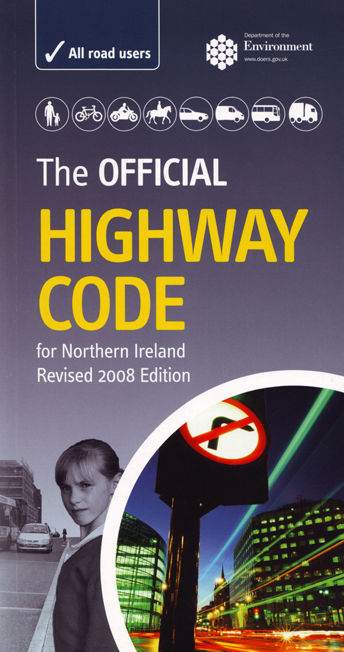 The Highway Code
The Highway Code

